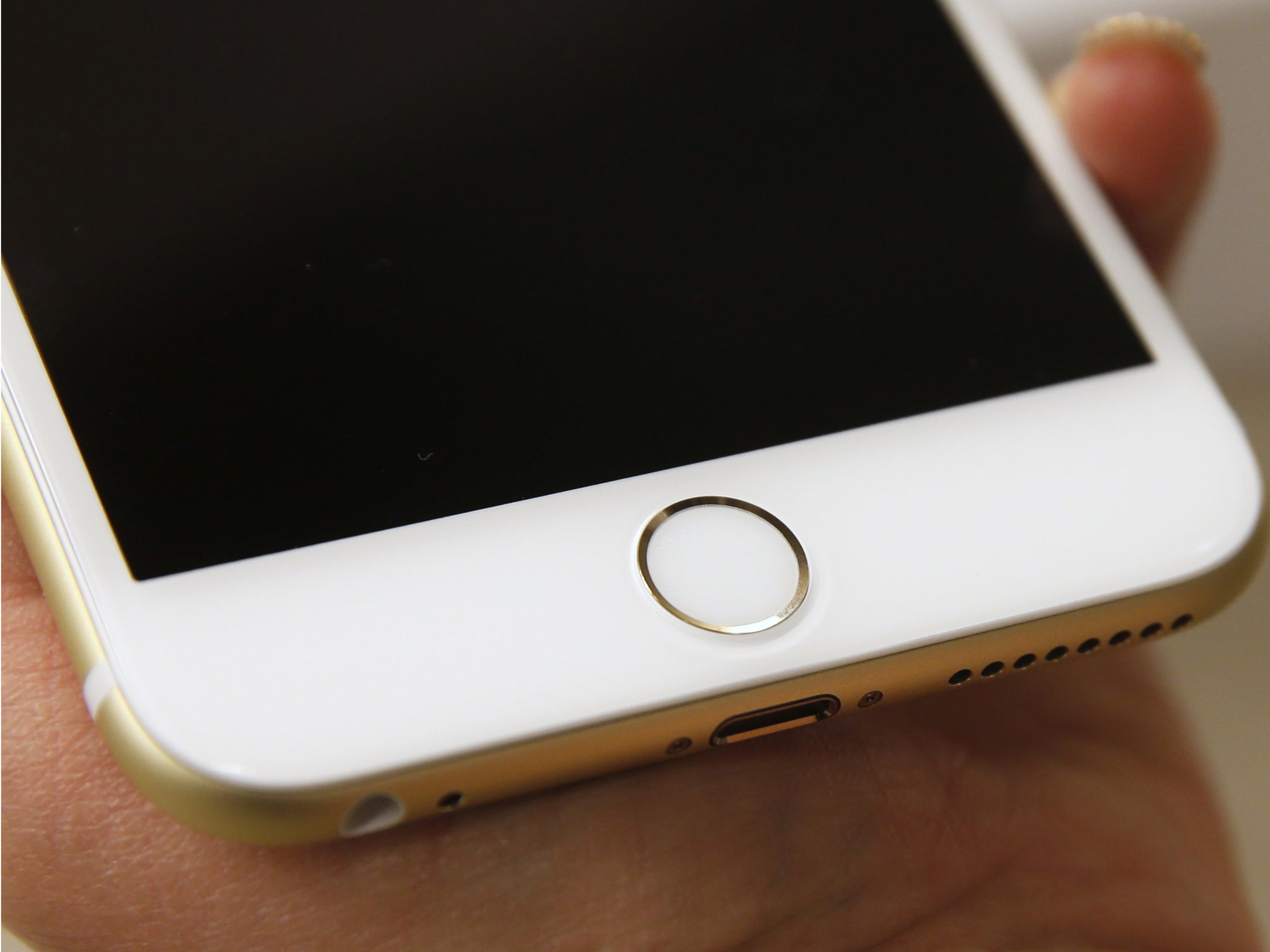iPhone slow? Why your handset probably feels like it just got a lot slower, and why 'planned obsolescence' probably isn't real
It’s the time of the year that people start saying ‘planned obsolescence’ — and while Apple almost certainly isn’t crippling your phone on purpose, it might start to feel that way

The new iPhones are coming out. And, probably, your old one is going to start feeling slow.
Every year in September, searches on Google for “iPhone slow” surge — apparently the result of people worried that their handsets have slowed down just as new ones come out.
As well as the new iPhones this week, last week saw the launch of iOS 9. Together, the two launches have led to concern among many that the phones are grinding to a halt.
Apple said earlier this week that 50 per cent of people had already upgraded to the new operating system. But some of those holdouts might be people who joined in early with previous upgrades and got burnt — there is a strong feeling among some people that iPhone upgrades always slow down phones, or eat up battery.
But it’s important to upgrade to new versions of iOS, for security if not for the new features. Old versions tend to get left behind for important security updates, which mean that when bugs or flaws are found they may never get patched back up.
It doesn’t just seem to be the new version of iOS every September that leaves people feeling like phones have slowed down — the much bigger news is that the new iPhone, the 6s, will be released this week.
Among some conspiracy theorists, phones slow down around this time because of “planned obsolescence”. Apple builds iPhones so that they’ll slow down when the new ones come out, the theory goes, so that customers will feel the need to upgrade.
But it’s just as likely that it feels that way — in part because phones are getting old, and in part because there are new ones.
The claim of planned obsolescence is often directed at Apple. (It’s been made about the Apple Watch already, and we’re still on the first generation.)
There is, of course, no real way of saying for that it isn’t happening. But it’s likely that the feeling is partly just a combination of Apple’s savvy marketing — seeing all the things the new fast phones can do might make you feel inadequate — and the fact that everyone around you will be using phones that are relatively fast, so that yours will look slow.
But still more pertinent than the fact that new iPhones are coming out is the fact that they are always joined by an update to iOS. That was never demonstrated more thoroughly than in 2010, when iOS 4 came out and caused huge problems to the then still relatively new iPhone 3G.
It picked up even more currency last year, when iOS 8 had huge problems installing.
That doesn’t seem to have happened this time around. Apple put an explicit emphasis on ensuring that old phones could upgrade and do so without problems, and reports from inside the company say that it focused on ensuring that each feature worked on the older handsets before they were added.
Tests seem to indicate that Apple has succeeded. Vloggers iAppleBytes have posted videos of old phones using the newly updated iOS 9.0.1 and most features open just as speedily, with some small differences.
The vloggers point out that iOS 9.0.1 is already faster than its almost identical predecessor, plain iOS 9. Which points to another thing about new versions of iOS slowing phones down: it isn’t simply about the addition of new features (or planned obsolescence) but the fact that when the time comes to upgrade Apple has spent a whole year refining the previous version of the operating system.
While the launch of iOS 9 came largely without bugs, the company still had to issue an update within the week to address some problems with performance. And it’s likely that the same process will carry on: Apple will keep gradually refining and so probably speeding up the operating system, until the time comes to start again, in September.
Join our commenting forum
Join thought-provoking conversations, follow other Independent readers and see their replies
Comments